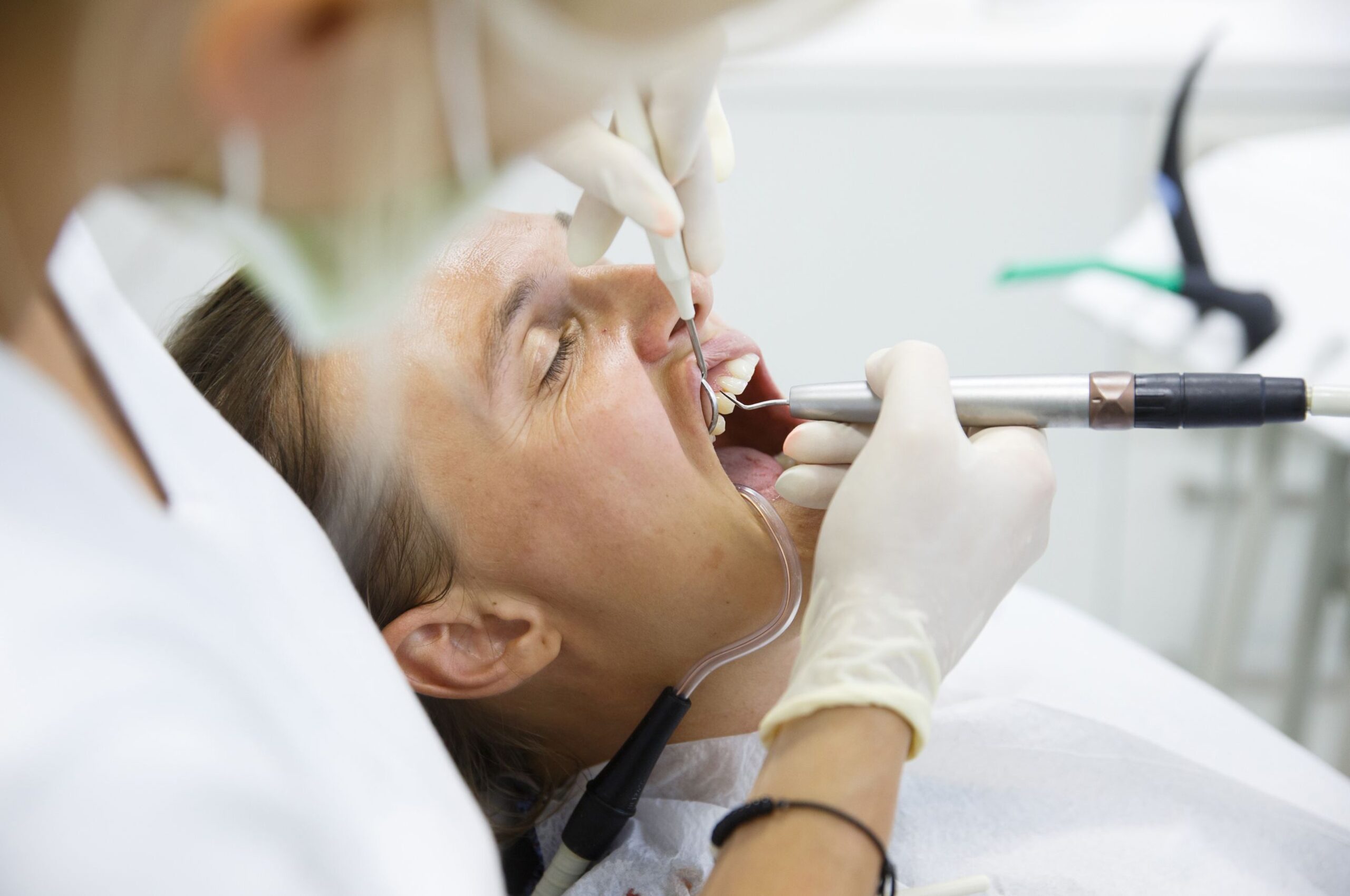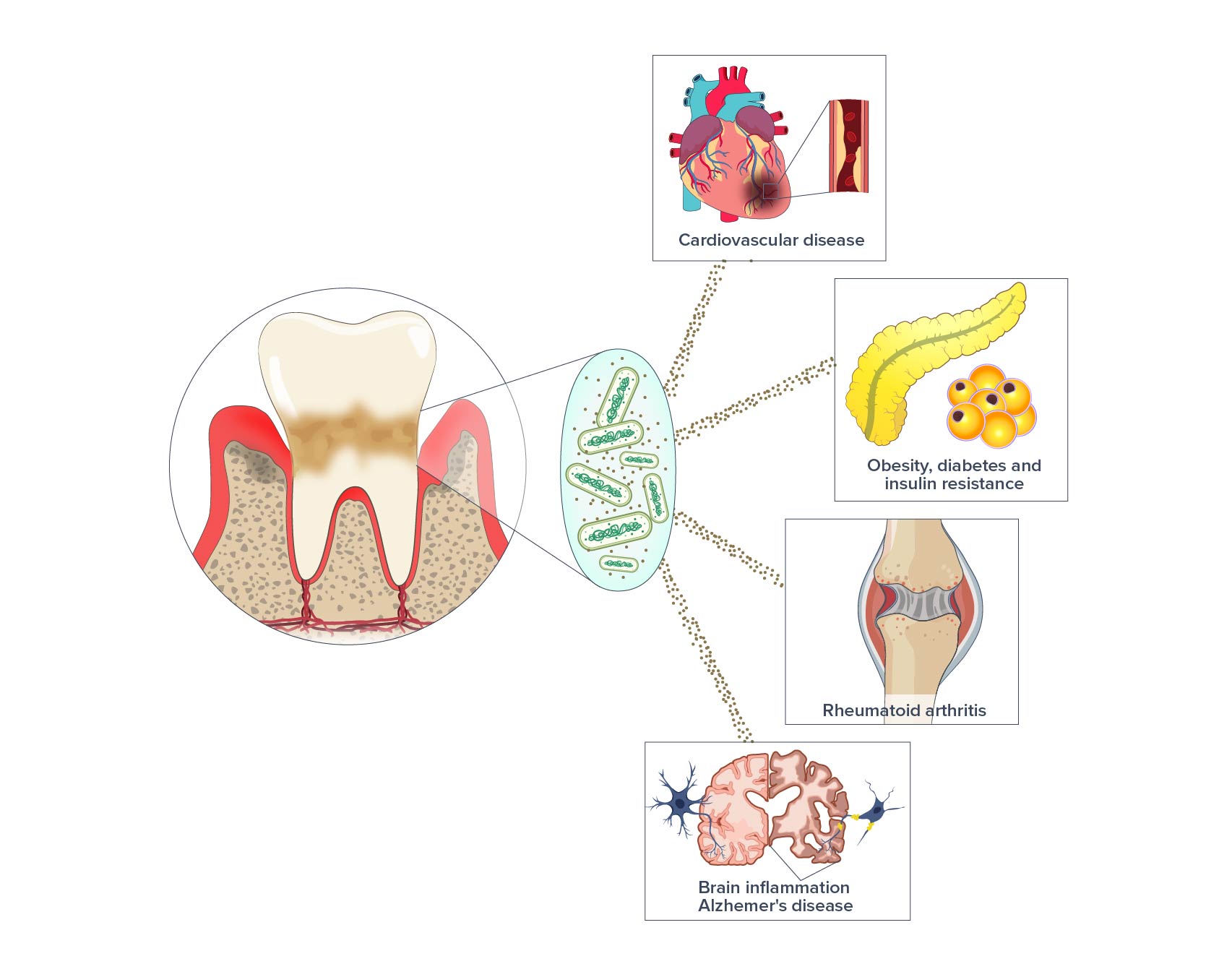About Denteric
We are a clinical-stage biotech company developing therapies with the potential to treat diseases associated with Porphyromonas gingivalis (Pg), such as periodontal disease (PD). Our first product is a therapy designed to neutralise and clear virulence factors produced by Pg.
Thanks to investment from Brandon Capital, CSL and The University of Melbourne, we’re currently developing safe and convenient therapies that will make the treatment of severe periodontal disease much less painful, more reliable and effective.
Denteric technology
We are developing therapies that target major virulence factors produced by P. gingivalis (Pg). GPV381, a recombinant protein subunit vaccine, is our most advanced candidate and is designed to:
GPV381 vaccine
Denteric’s preclinical lead candidate GPV381 is a recombinant protein designed to restore homeostasis to the oral microbiome. Administered together with alum, it is intended to drive a specific TH2 cell immune response.
Our preclinical discovery pipeline includes investigating whether our therapies could also play a role in the prevention or treatment of Alzheimer’s disease.
DNT038 mRNA
Given the recent and rapid advancements in mRNA technology, Denteric is conducting a discovery program with an mRNA vaccine, supported by CRC-P funding from the Federal Government of Australia.
DNTmAb
Currently, at a discovery stage, Denteric is developing a range of monoclonal antibodies for miscellaneous use.
The first indication is subjects with Pg-related PD
Porphyromonas gingivalis is a keystone pathogen associated with PD when found in a pathogenic form at the bottom of the periodontal pocket.
One mechanism by which Pg is believed to exert its effect is through the spread of outer membrane vesicles (OMVs) which carry the virulence proteases that lead to the destruction of supporting tooth tissues and bone.
Our initial goal is to provide options to treat severe PD in subjects with Pg. The therapy is designed to activate the subject’s immune system inducing antibodies to specifically target Pg virulence factors.
The neutralising antibodies generated by GPV381 immunotherapy are expected to clear the systemically circulating OMVs and those released into the mucosal gum tissues. This will prevent the virulence factors from causing further inflammation and shut down the nutrient source for the pathogenic bacteria.

Unlike some therapies that are used to topically (locally) treat periodontal disease, we believe immunotherapy will have a longer-lived benefit.

Chronic diseases linked with Pg
Pg is not only associated with severe PD. There is a growing body of research identifying potential links between Pg and other diseases, including arthritis, cardiovascular diseases, certain cancers, and Alzheimer’s disease.

Our Investors
We are a global team and headquartered in Australia and our investors include:



